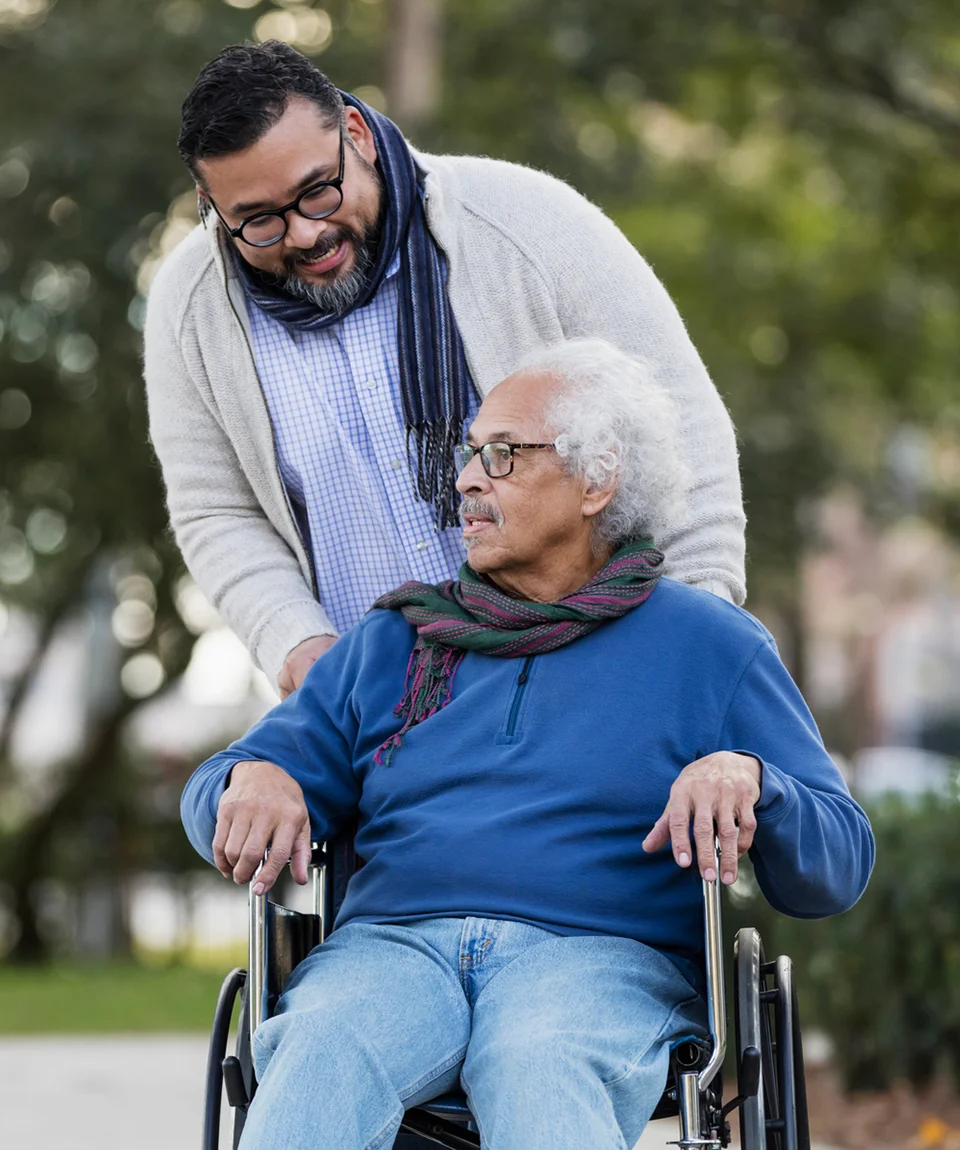Having a heart attack in the family can turn everyone’s world upside down! The physical and emotional changes will also affect the people close to you and can mean big changes in your family routine.
Beat heart disease.
Join the fight to end heart disease and stroke.
Sources of stress
Intellectual
- Learning new information on coronary artery disease and its treatments.
Practical
- Changing how housework is done
- Adapting to lifestyle changes (diet, exercise, etc.)
- Keeping up your family, professional and social life while taking care of your heart disease
Interpersonal
- Getting used to changes in your family’s needs and its social support network; for example, some friends may pull away, while others may become closer
Physical
- Dealing with tiredness
Psychological
- Feeling distress, uncertainty about the future, fear of change and death. Just like you, family members may feel an emotional shock, fear, anxiety, anger, sadness, powerlessness or guilt to name a few common feelings. Ignoring these emotions may make things worse. You and your family must deal with these while you switch to heart-healthy behaviours and habits, to improve your heart health and to get back a good quality home life. Here are some tips to help you and your family cope:
- Ask your family members to learn about coronary artery disease and its treatment. You can all learn from your healthcare team, books, official medical internet sites and associations, community organizations, and mental health professionals.
- Talk openly about how your coronary artery disease is affecting your family. Talk about how hard it is getting used to it and making changes.
- Ask for help from your family, friends, community and healthcare team. The bigger your social support network, the easier it is to cope.
- Keep things at home as normal as possible. Keep up with the things you used to do with friends and family and on your own.
- Make sure you talk about something other than heart disease each day. Keep up with the news in the outside world, as well as with your interests and leisure activities.
- Understand that the feelings you and your family have about adapting to heart disease are normal, not bad.
- Share and listen to each other’s feelings. Respect each family member’s feelings and opinions. Sharing can bring you closer together and reduce stress. When talking about feelings, be calm, do not shout, blame or interrupt.
- Take good care of yourself, always before you try to take care of others. Remember, everyone is responsible for their own needs, well-being, emotions and reactions.
